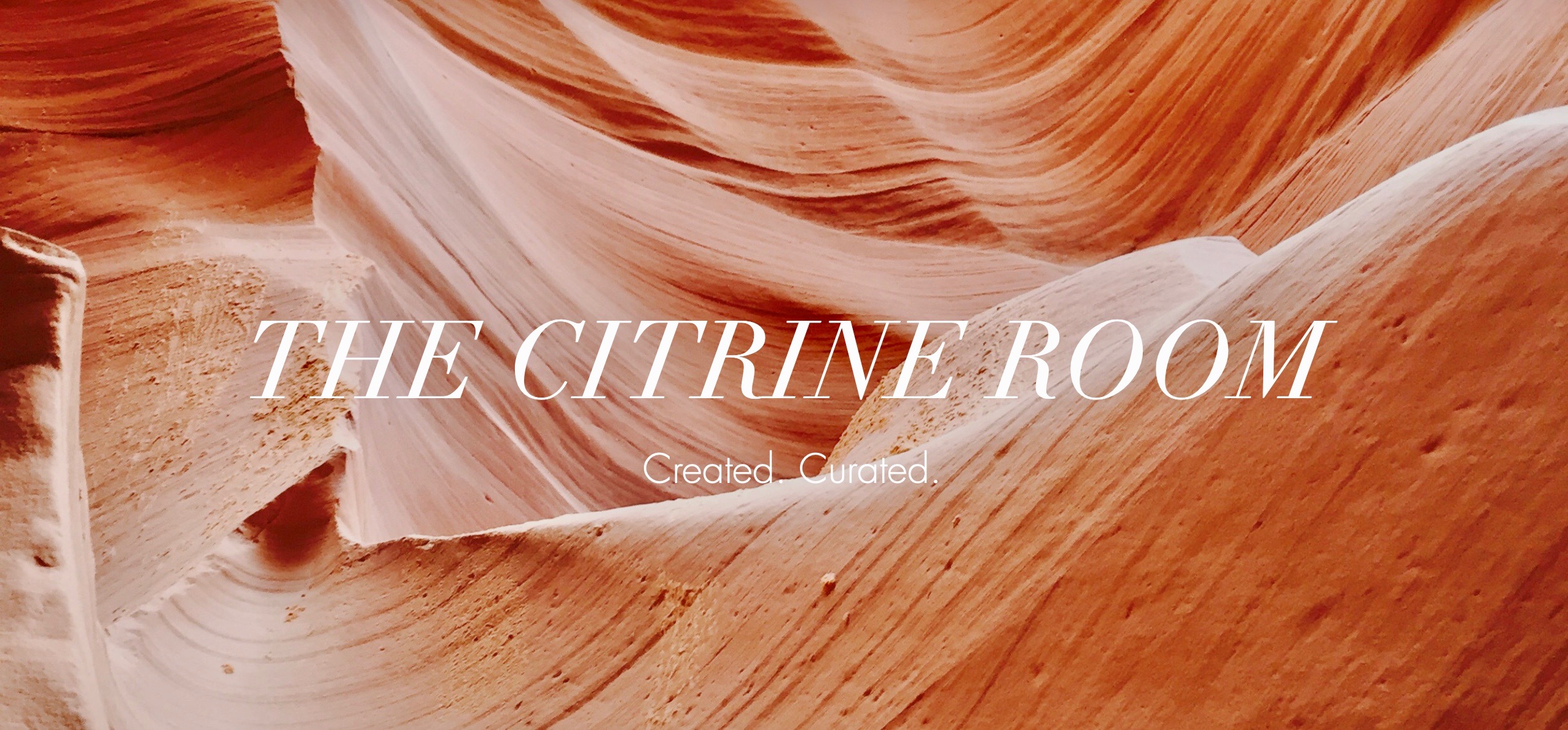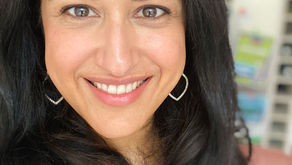India's Crisis of Conscience
- MR

- Apr 30, 2021
- 5 min read
Two grieving sons forced to do the unimaginable--transport their mother to a cremation site, on their motorbike. One brother sitting in front steering, the other at the back, their mother, who had died of COVID, wedged between them. The simplest expectation at a time of tragedy--dignity at death--is gone as doctors and nurses focus on those they can try to save with the limited resources they have. Others are having to cremate their loved ones at makeshift sites while those who are still desperately trying to find a way to give their relatives a fighting chance at surviving are relying on connections and leads to help them get much needed medicines and oxygen--two things that are now valuable commodities in a black market capitalising on the vulnerable who, at this point, is anyone in India.
If COVID-19 has taught us anything is that no one is safe until everyone is safe. Unfortunately, India is the definition of a paradox, it is a country comfortable with ever-widening gaps between those who can afford good healthcare and those who cannot. As Vidya Krishnan writes in The Atlantic, "Averting our gaze from the tragedies surrounding us, remaining divorced from reality, in our little bubbles, are political and moral choices. We have been willfully unaware of the ricketiness of our health-care system. The collective well-being of our nation depends on us showing solidarity with and compassion toward one another."
As India struggles under the weight of the human toll the COVID catastrophe is wreaking across the country, the world's largest democracy is seeing another victim in critical condition. The Deccan Herald reported in March on India's democracy in decline and how global institutions are now seeing what the country's ruling party, the ultra nationalist BJP, doesn't want the world to see; its shift from an "electoral democracy to electoral autocracy", calling it "one of the most dramatic shifts among all countries in the world”. Foreign Policy in its article titled Why India Has Become a Different Country describes a fundamental pillar of democracy in danger, saying "Being a journalist in India and uncovering stories that the BJP and its supporters don’t like is dangerous business."
Why is this important to understand? Well, because what spin and political PR has the power to do is sway attention away from the truths that lie beneath. Journalists in India, those that aren't waving the BJP flag, are punished for writing the truth. The comments and trolling they receive on social media is truly disturbing. Even an exchange I had on Twitter with Rana Ayyub, an intelligent and brave truth teller who wrote Time's cover story How Modi Failed Us resulted in such vitriol in the comments section that I had to block anyone who had nothing intelligent to add to the conversation. Those comments made by those who felt she was soiling India's image by sharing the truth--the desperation, heartbreak, and callous response from the central government.
It's such an Indian thing though isn't it? To not tell anyone what's really happening. "Don't air dirty laundry for all to see." "Don't tell..." It's part of the culture to not speak about that which may cause "shame" for fear of "what others may think". But this isn't about who served what at a dinner or who wore something questionable. This is a matter of life and death. Literally. Whether it is the suspension of Article 370 which granted Kashmir (a majority Muslim state) autonomy and then subsequently shutting down internet and communications in Kashmir so that information from within was hard to come by; or whether it is the continued harassment of Muslims and other religious minorities, concern for the direction in which the country is not just headed, but is already in, has raised alarm bells worldwide. As Human Rights Watch describes it, "Prejudices embedded in the government of the ruling Hindu nationalist Bharatiya Janata Party (BJP) have infiltrated independent institutions, such as the police and the courts, empowering nationalist groups to threaten, harass, and attack religious minorities with impunity."
At a time when truth in information is imperative, not just to understand the scale of a crisis but to know how the world can help, that truth is being muzzled. The ruling party even enlisting Twitter to block reports from being shared in India about COVID casualties and realities across the country, citing it as "fake news". The actual fact is any fake news that is spreading like a disease in India originates from the BJP's own spin machine. We saw that during the farmer's protest a few months ago where images of violence allegedly perpetrated by the farmers was swirling around the cesspit of social media. In actual fact, the protest, made up of mostly Sikh and Punjabi farmers, was largely peaceful.
So, who do you believe? Whose account of actual events do we take seriously? As a former journalist, I know from experience it takes years to build credibility and trust. I remember, when travelling to different parts of the world, of being accused of being "a mouthpiece for the White House". I took it personally because I took my job as a journalist seriously. My job wasn't about being neutral. It was about being truthful, as my former colleague Christiane Amanpour so eloquently puts it.
How do we define the truth in today's news climate? Images and video can be doctored so it makes it that much harder to find the truth. It's as Sankarshan Thakur, the National Affairs Editor of India's The Telegraph tweeted about recent events in India: "We have entered a slipstream of dark and surreal abstractions. Reality and reason cannot deal with any of this." It's like when Prime Minister Narendra Modi boasted about India's COVID "success" at the WEF in January where he told his fellow heads of state who were grappling with their own covid crises at home, “Friends, it would not be advisable to judge India’s success with that of another country. In a country which is home to 18% of the world population, that country has saved humanity from a big disaster by containing corona effectively.” This while his own countrymen were and are dying. This as Indians desperately run around their cities, towns, and villages, searching for hospital beds, medications, and oxygen for their loved ones. This as once-loyal to Modi news outlets turn against the PM because "India’s second wave of Covid-19 has caused many editors and reporters in the so-called “Modia” to break rank and expose fudged death tolls and question policy-making..."
A government that is transparent and believes in building a healthy, strong and just society for all, also believes in what is paramount in democracy--which is a free, independent, and fair press, not a press that strokes their egos. Politics has become a game of power. But what the myopic sighted people who hold seats of government in countries that threaten the press don't seem to realise is at a when time the health and wellbeing of not only one country but of an interconnected world is at stake, power lies in the truth. History, and certainly the future, will not be kind to those who choose to ignore it. And those who will live through this tragedy raging across India, like those two brothers who are today overwhelmed with their grief over the loss of their mother, are unlikely to forget it.






Comments